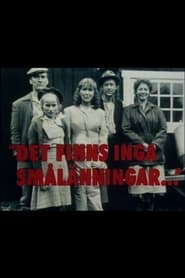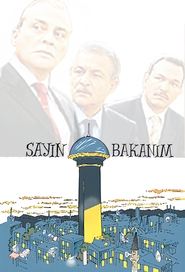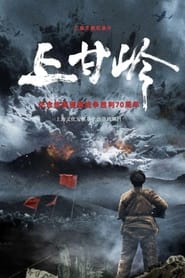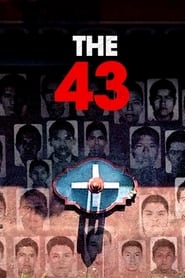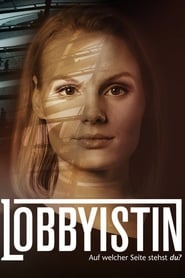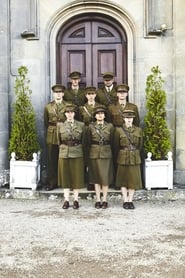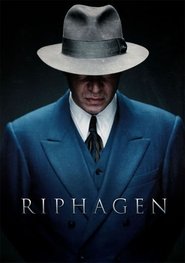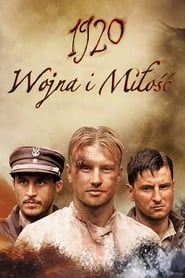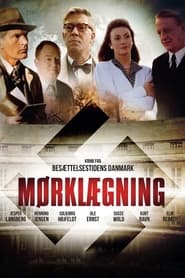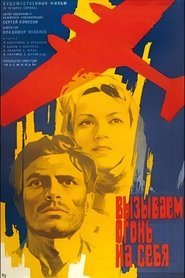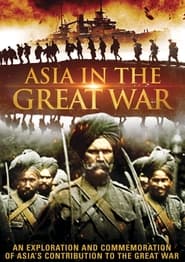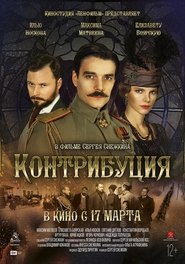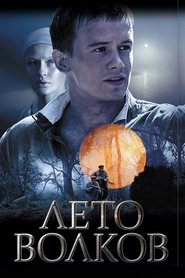War Politics TV Series - Page 75
-
Det finns inga smålänningar
1981
Mini-series done in the style of a docudrama, which transports the Israel-Palestine conflict to the Swedish province of Småland. -
Yes, Minister
2004
Yes, Minister
2004
A Turkish remake of the British series called "Yes, Minister" created by Jonathon Lynn and Anthony Jay. -
上甘岭纪录片
2024
上甘岭纪录片
2024
-
The 43
2019
The 43
2019
star 6.7This docuseries disputes the Mexican government's account of how and why 43 students from Ayotzinapa Rural Teachers' College vanished in Iguala in 2014. -
天地奇英花木兰
1996
天地奇英花木兰
1996
-
Lobbyist
2017
Lobbyist
2017
star 5.3Bundestag member Eva Blumenthal is forced to resign due to political intrigue. Because of this, he changes jobs; she is hired by a lobbying agency. The more he proves his innocence, the more he deviates from his own morals. It must prove that there is an even more complex network of manipulation and corruption behind the intrigues. Her former lover, Economy Minister Bertram Kaiser, is found dead in the Spree River. It is unclear whether he was killed or committed suicide. is his death connected to a conspiracy? -
枪口
2016
枪口
2016
-
Secret Agent Selection: WW2
2018
star 6.4The training programme of one of World War Two's most covert organisations, the Special Operations Executive or SEO, is resurrected. -
Escape
1980
Escape
1980
Escape is an American anthology series that aired on the NBC network from February 11 to April 1, 1973. The show was a production of Jack Webb's Mark VII Limited for Universal Television. It aired on Sunday evenings at 10 p.m. Eastern, following the NBC Mystery Movie. -
Riphagen
2017
-
Red Channel
2014
Red Channel
2014
-
Wolves in War
2018
Wolves in War
2018
-
Valkyria Chronicles 3: The Wound Taken for Someone's Sake
2011
star 5.5In the year 1935, the continent of Europa is engulfed by the flames of war. This great struggle which takes place between the Empire and the Federation, and which also spills over into neighbouring unaligned countries, will be recorded in history as the 2nd European War. Gallia is a small country which is sucked into the war when the Empire invades its borders. Stories of Gallia's victorious struggle and of its heroes are well documented in the annals of history. However, there is one group of heroes who never made the front page. A group whose efforts were pivotal to Gallia's victory. That group is the regular army's Squad 422, codename: Nameless, and this is their story. ~ translated and adapted from official site by Cranston Note: The episodes were first available for purchase from Playstation Store. The DVD/BD release dates were 29.06.2011 for first and 31.08.2011 for the last volume. -
Byl jednou jeden dům
1975
-
1920. War and Love
2010
1920. War and Love
2010
star 5Three soldiers who met while each was serving a different partition of Poland form a friendship that lasts after their homeland regains independence. -
Mørklægning
1992
-
Call Fire for Ourselves
1965
star 7In the Soviet airbase, occupied by the Nazis, a resistance group occurs, led by a modest girl Anna Morozova. For each victory (important, albeit small on a scale of the war) they have to pay a heavy price. -
Asia in the Great War
2014
Over 100 years ago, humanity witnessed the greatest war that had ever occurred: World War I. Nearly two million men from across Asia were recruited to fight in the war. They were Indian soldiers from remote communities, Chinese farmers from rural outposts who worked as laborers, Vietnamese fishermen participating on behalf of their French colonial masters, and Japanese sailors in service of their emperor. But today, few remember them or their sacrifices. From India's Forgotten Army to the Chinese Labor Corp, Vietnam's war and rebellion to Japan's alliance and subsequent imperialism, this program examines Asia's war effort and how it... -
Контрибуция
2018
-
Лето волков
2011
Лето волков
2011
